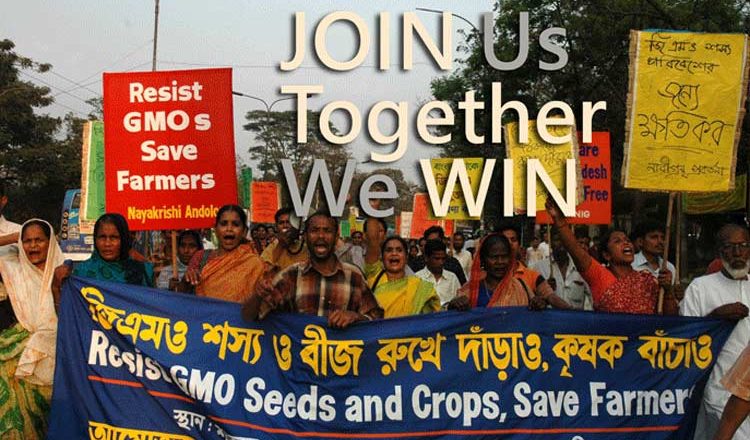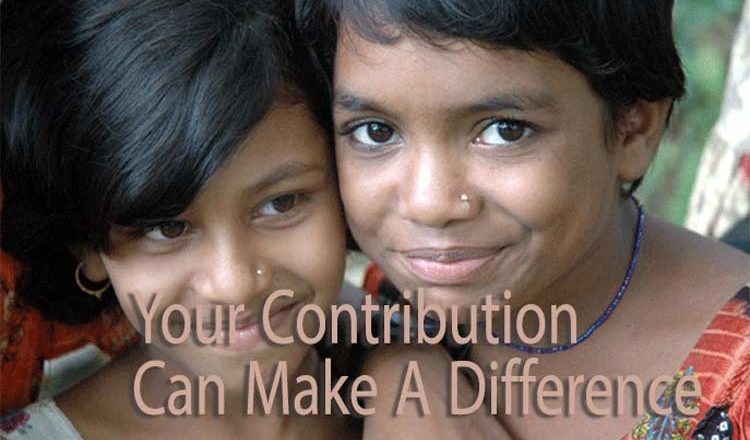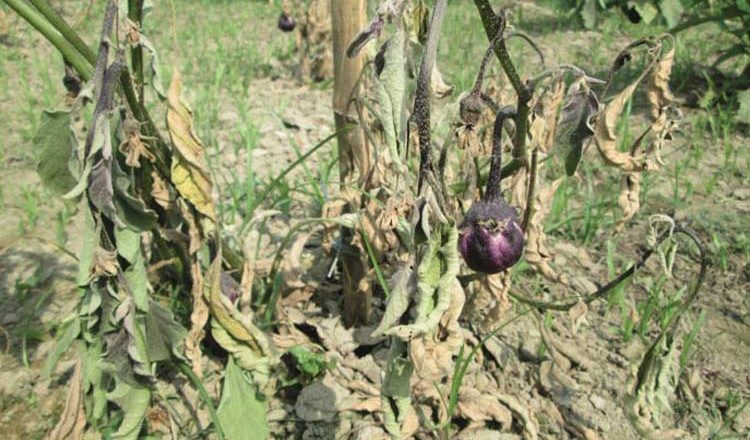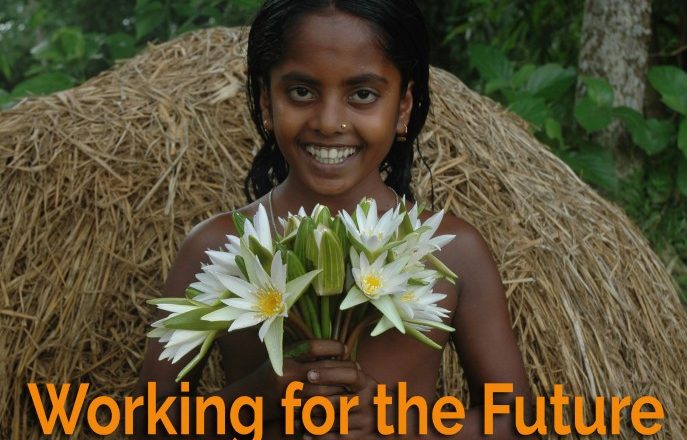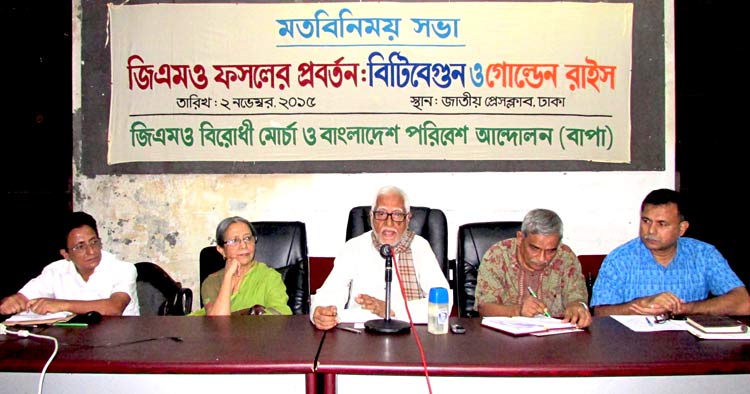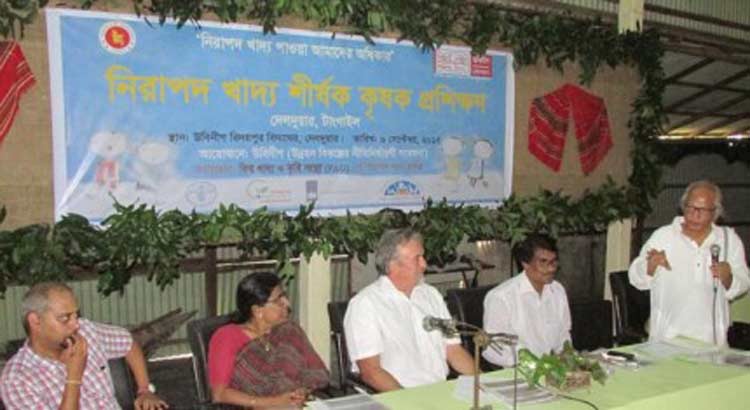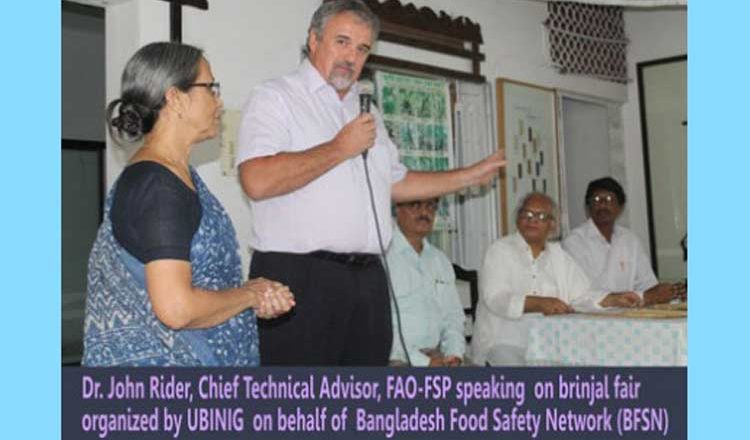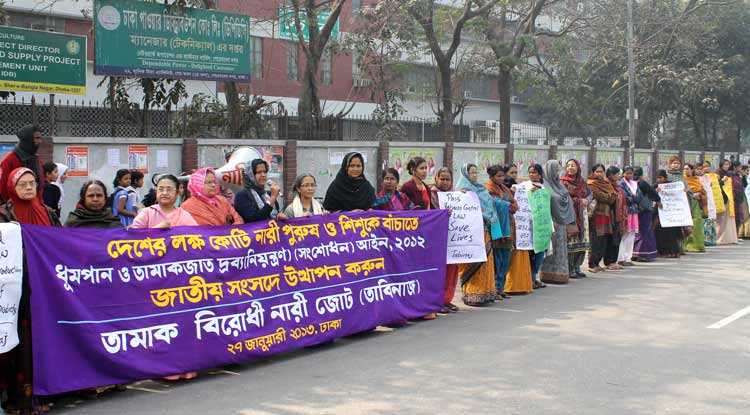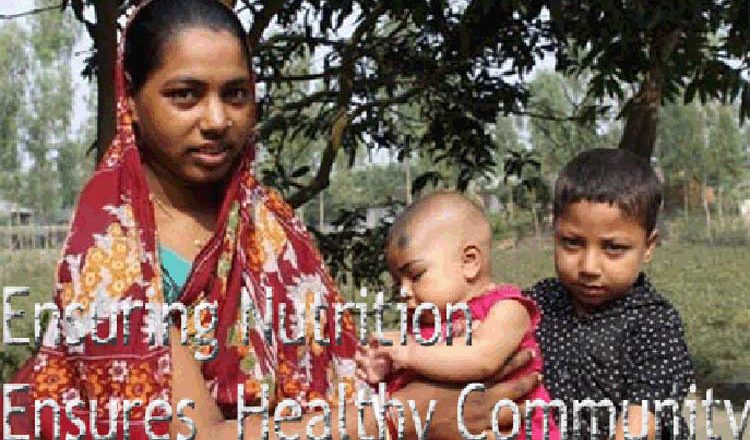Working areas
UBINIG
I. TANGAIL
Tangail is the first area, where UBINIG started working with handloom weavers in 1987 and with farmers to form Nayakrishi Andolon started since 1989. It has the longest history and also largest number of farming families involved. Tangail is basically a flood plain area, and is known for well-developed agriculture and handloom. The unique agro-ecological feature of this area led us to formulate Nayakrishi concept with the direct interaction of farmers. We have been practising biodiversity-based farming in this district and this is reason that Tangail center is playing the pioneer role for Nayakrishi.
Tangail is a surplus agricultural area with very developed craft handloom sector. The relation between agriculture and handloom weaving is very much integrated. Th...
